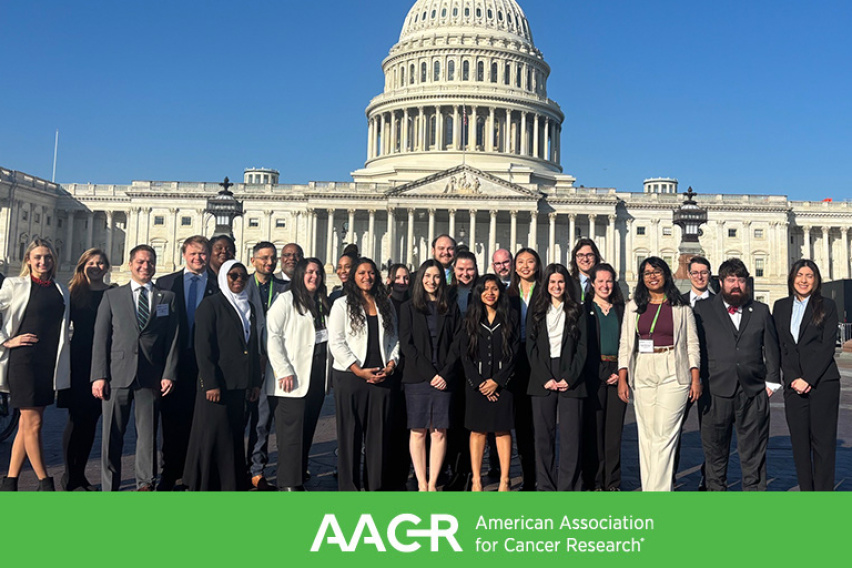MIT Museum
June 30, 2020
The Koch Institute teamed up with the MIT Museum for Imaging Science, a two-week exploration of everyday science photography. A series of photography tutorials and webinars featured images and insight from KI Image Awards contributors, including Lina Colucci, Keith Ellenbogen, Felice Frankel, Jeffrey Kuhn, Sudha Kumari, Erika Reinfeld, Quinton Smith, and Matheus Victor.
